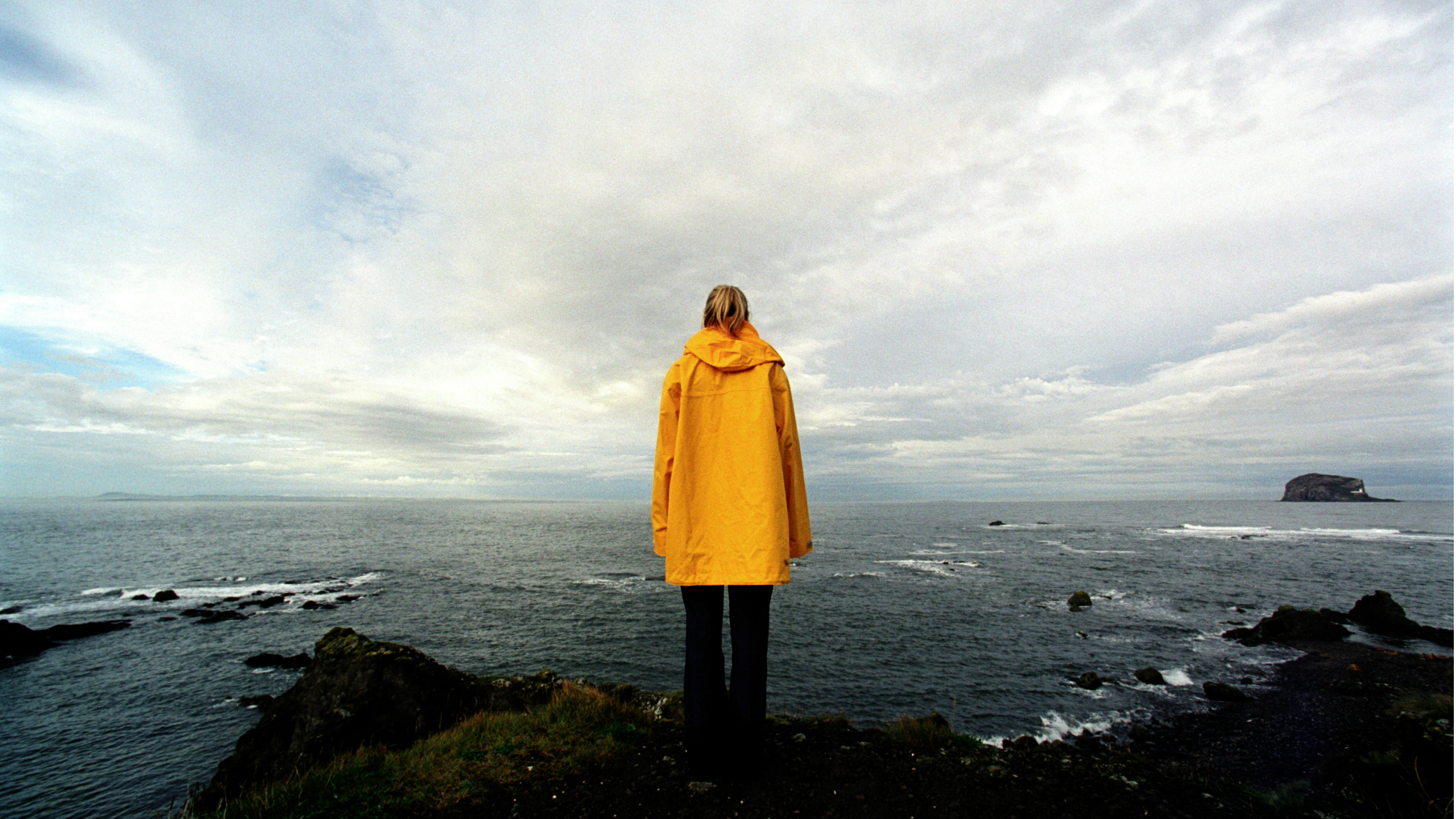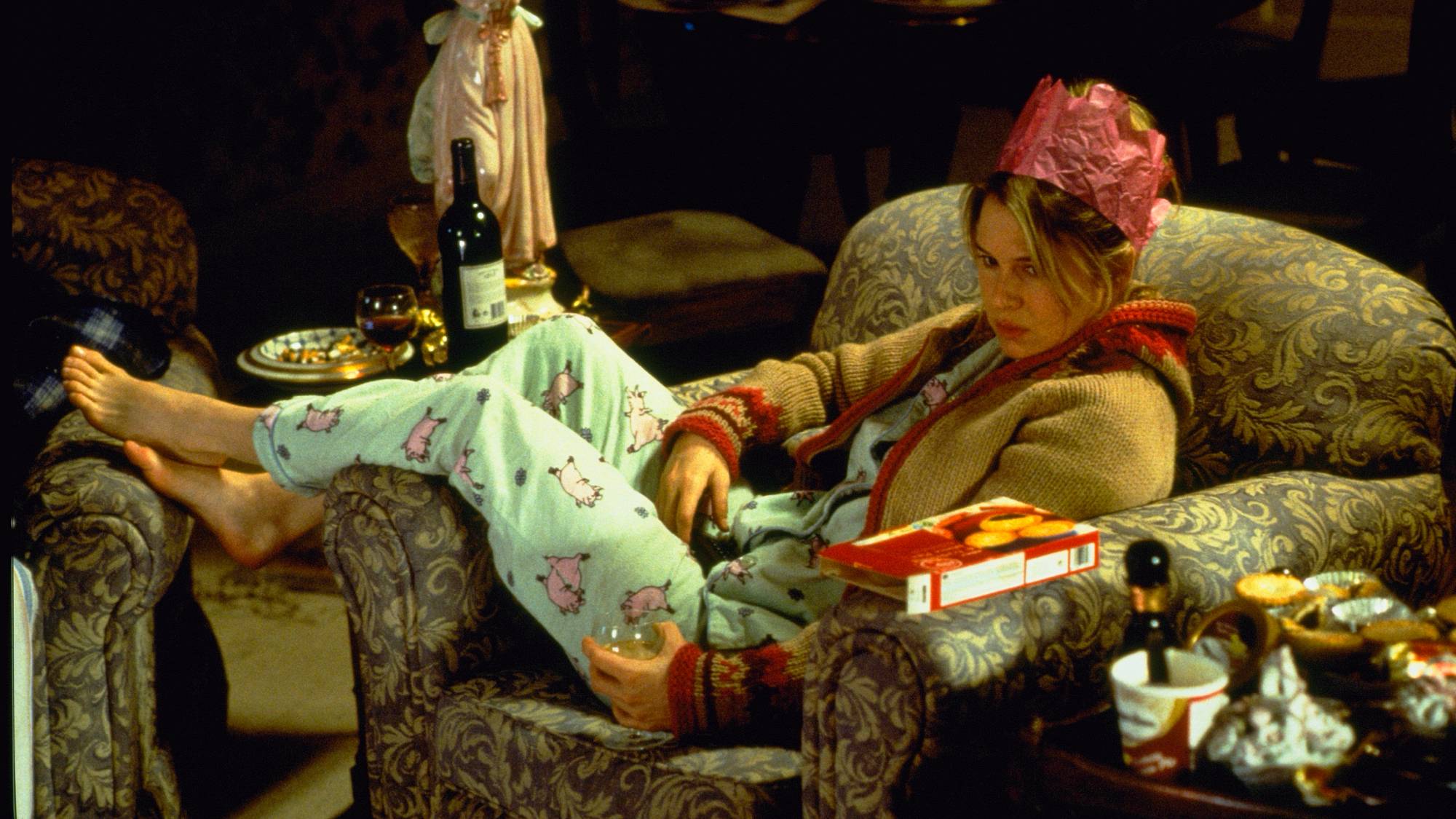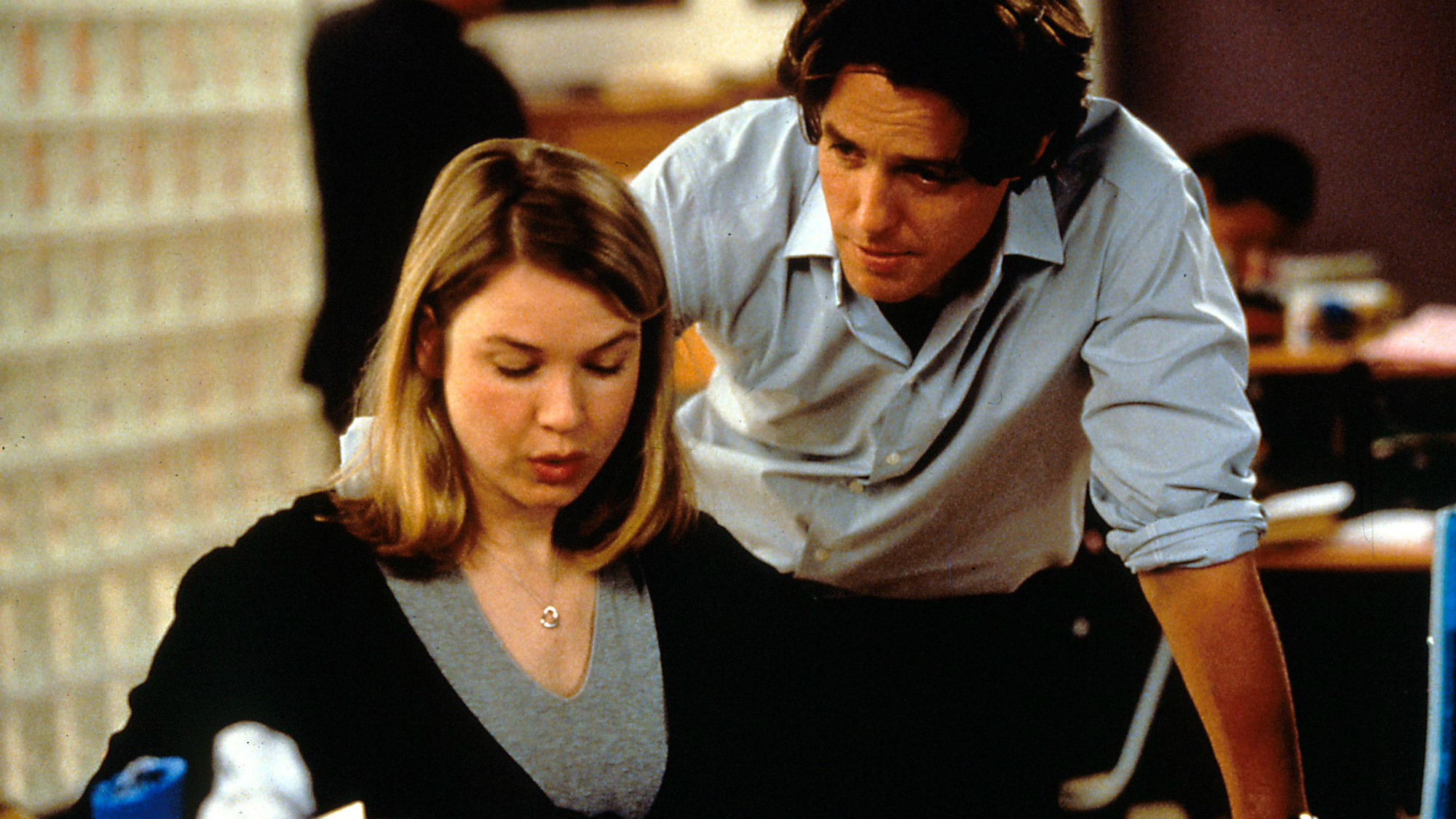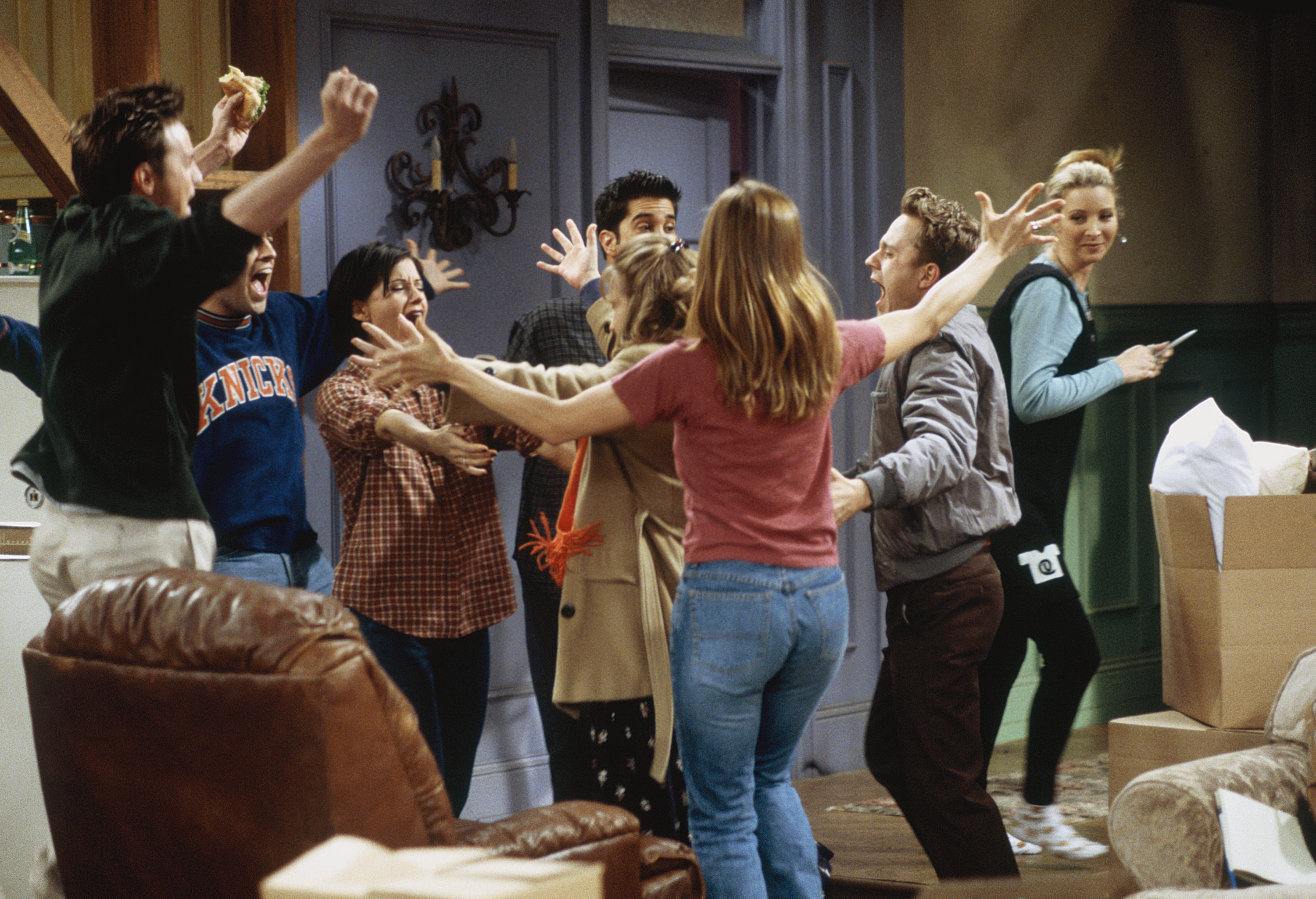Here's how to be lonely and totally own it
Britain is officially the 'loneliness capital of Europe' and for the young women who are affected the most, the ache of isolation can hit at any time, however busy and social you are...

Britain is officially one of the 'loneliness capitals of Europe' and for the young women who are affected the most, the ache of isolation can hit at any time, however busy and social you are...
Holly's life is full on, with a Cordon Bleu diploma under her belt, she has embraced a career as a chef, starting out as a prep cook in a busy London restaurant, and she loves it. The pace is crazy and the shifts are long, and when she finally heads home, she has six housemates, all of whom she counts as friends. Her life is right on track. So why, at odd moments, does this 27-year-old feel a fleeting pain in the pit of her stomach?
‘It almost takes me by surprise,’ she says. ‘It could be when I’m alone on my day off, but it’s as likely to happen when we’re all together, watching our Mad Men boxset. It always fades eventually, but it’s a horrible emptiness.’
It’s hard to recognise loneliness in a world where we’re constantly connected, but Britain is one of the loneliness capitals of Europe, according to the Office for National Statistics. We are the least likely nation to have strong friendships, know our neighbours or have anyone to turn to in a crisis. Loneliness is not just uncomfortable, it’s also a massive health threat – twice as damaging as obesity, and carrying the impact of 15 cigarettes a day.
We associate this condition with the housebound elderly yet, in fact, the younger you are, the more likely you are to feel lonely – 53 per cent of the 18-34 age group compared to 32 per cent of those over 55, according to the Mental Health Foundation. And though women may seem so much better at friendships and intimacy, we’re actually more likely to feel lonely than men are.
According to psychotherapist John Barton, who treats loneliness and has written about it extensively, loneliness is ‘a helplessness or hopelessness. It could make you feel bereft, drained of energy and unable to go anywhere or speak to anyone; or it could feel like a kind of anxiety, where you just can’t be still, where you’re forced to stay busy. One client told me it felt like a “big black cloud” that would engulf her if she slowed down for a minute.’

So, what differentiates this from depression? Well, if depression is a kind of numbing and a shutting down, loneliness is a pain,’ says Barton. ‘It’s a message from your psyche saying you need more contact and intimacy. It’s a warning, a call to change things, and it’s designed to hurt. It’s common for the pain of loneliness to lead to depression, or vice versa. But it’s also possible to be lonely but not depressed, or depressed but not lonely.’
Marie Claire Newsletter
Celebrity news, beauty, fashion advice, and fascinating features, delivered straight to your inbox!
There are several reasons why women may be especially vulnerable. If you’ve recently given birth, there’s a chance you’re less able to pick up the threads of your old life. Any new baby groups you join may just make you feel more disconnected and emotionally lonely. And if you’re in a full-time job, you’re not immune. ‘Perhaps you’re running around all day, partying every night, but not making time for the sort of social contact you need,’ says Dr Rebecca Harris, psychologist and lecturer at the University of Bolton. ‘Technology is fine – it can be a great way to stay connected and enhance your relationships – but it’s not a substitute.’
Yet that’s not to say loneliness is always bad, says Dr Harris. It’s incredibly valuable. It’s there for a reason, like a thirst, which tells you that you need a drink. Loneliness is a sign you’re not getting what you need. It’s only when it’s prolonged – when you don’t act on it – that it becomes toxic,’ she adds.
The first step if you feel lonely is to stop, listen and own your loneliness by getting to know it. ‘What’s it telling you? When do you feel it most? What sort of social contact are you getting – and what are you missing?’ says Barton.
Katie, 30, found that loneliness struck at work, even though her sales job was in an open-plan office. ‘At home, with my husband, with friends, I was pretty happy, but sitting at my desk eating lunch – or even just walking into the office – I felt isolated,’ she says. ‘My colleagues weren’t horrible, but I hadn’t found my tribe. I wasn’t a salesperson at heart and there was no real connection. It gave me the push I needed.’ She’s now training to be a teacher.

Sometimes, the cure for loneliness can be a little solitude. Life coach Fiona Buckland runs a class at the School of Life called How to Spend Time Alone. ‘When you’re in constant company, filling your diary, watching the lives of 800 Facebook friends, it’s easy to stop engaging with yourself,’ she says. 'Your own opinions get diluted; your life doesn’t necessarily reflect who you are. When that happens, you start to feel out of place – and alone.’ Buckland recommends taking pen to paper for a ‘vision quest’. She says, ‘Ask yourself what you love. What did you used to love doing as a child? What were your hopes and dreams? What are the things that come easily? When does time fly? Are there important people, hobbies and passions that have got lost along the way?’
The solution doesn’t necessarily involve meeting other people – it’s more about filling that void. Reluctantly signing up to a random exercise class or joining a book group just because someone else has recommended it could be a waste of time. But is there something else that really excites you? Wild swimming? Jewellery-making? Political activism? Is there something that connects you to the person you were or want to be?
It’s also important to look at your own thought patterns and ask yourself some very tough questions. Could you be contributing to your loneliness? Research shows that lonely people often become stuck in a vicious cycle, becoming hyper vigilant to signs of rejection or hostility.
‘You start out feeling lonely and unconnected, so you unconsciously look for evidence that confirms that,’ says Barton. ‘For instance, your colleague doesn’t greet you in a friendly manner, so you think, “She doesn’t like me” rather than, “She’s distracted.” You walk into a party and think, “I don’t fit in.” instead of, “There are probably several people here feeling awkward, too.” This sort of constant negativity sabotages any efforts on your part to socialise, which only goes to compound your feeling of being alone.
Studies show that noticing and challenging your thoughts is four times more effective at reducing loneliness than doing anything else. And if you can’t do it alone, cognitive behavioural therapy is the best next step. Another factor to keep in mind is that there’s no ‘one-size-fits-all’ solution to loneliness. No magic number of friends or parties that will stave it off. We need to think smarter, says Dr Harris, who’s identified four social personalities (see column, left). ‘Some of us need occasional contact with a few close friends, others need lots of contact, but on a more superficial level. That’s not a negative thing if that’s what you need.

How much interaction do you need?
Dr Rebecca Harris worked with The Big Launch, an initiative to bring people together, and identified four groups. Most of us fall into the first two. The long-term investor
High intimacy/High interaction
You have friends you’ve known for years, and they know everything about you.
Loneliness risk? When life gets too busy to schedule in the people who matter, it’s easy to let colleagues and neighbours fill the gap. Make time for those who know you best.
The casual confidant
High intimacy/Low interaction
You don’t open up to everyone but there are a few who know you very well. You don’t feel the need to see them often.
Loneliness risk? You let months slide without properly catching up. Keep the bonds strong. If you don’t do phone calls, use WhatsApp
The social butterfly
Low intimacy/high interaction
You’re a networker with loads of friends. You don’t often divulge personal stuff – it’s contact you thrive on, not intimacy.
Loneliness risk? Even if you’re settled down, it’s unlikely one person will fulfill your needs. Get to know neighbours and throw parties.
The self-assured soloist
Low intimacy/Low interaction
You’re happiest on your own. Short social interactions are enough for you.
Loneliness risk? Your low needs may stop you connecting at all. Make time for neighbourly chats and foster relationships with colleagues.
The leading destination for fashion, beauty, shopping and finger-on-the-pulse views on the latest issues. Marie Claire's travel content helps you delight in discovering new destinations around the globe, offering a unique – and sometimes unchartered – travel experience. From new hotel openings to the destinations tipped to take over our travel calendars, this iconic name has it covered.